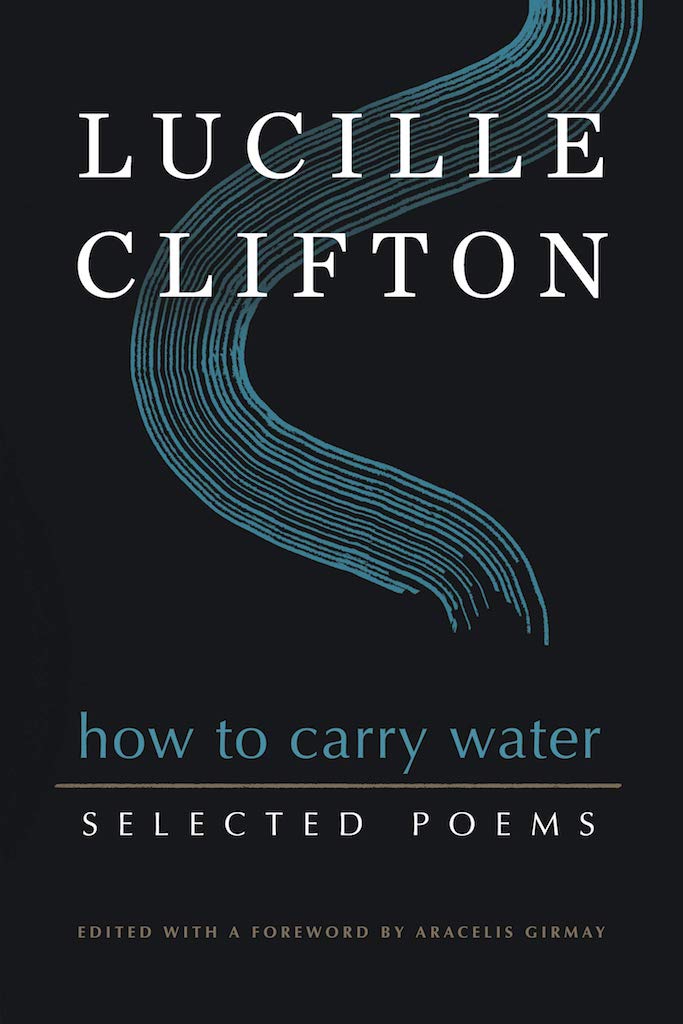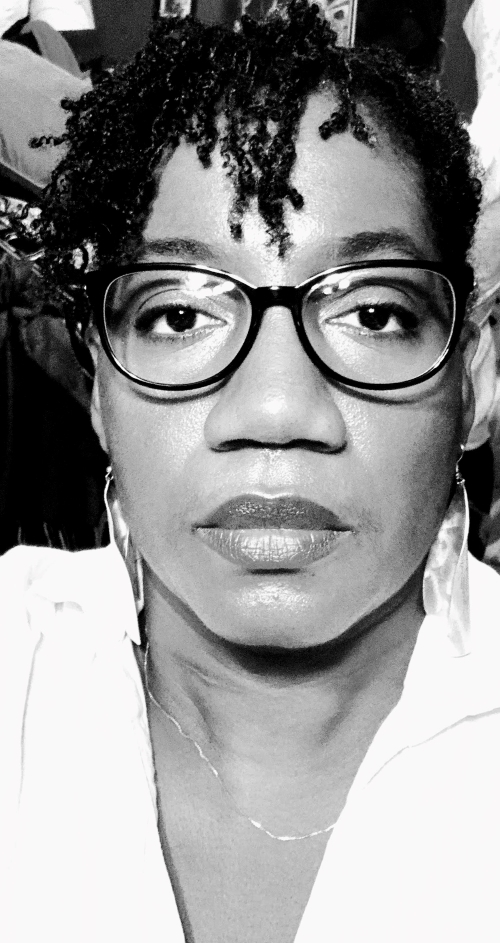My grandmother, Katie Mae, left Pine Bluff, Arkansas in the 1960’s, following two of her sisters (Lola Mae and Betty) up north to Cleveland, Ohio. She brought with her two of her children, my mother and uncle. With or without advanced education, opportunities in Northern Ohio for Black women were limited. Katie Mae and Lola Mae found jobs as domestics in hotel chains, occasionally picking up extra work cleaning the homes of wealthy white people.
Katie’s daughter, Burnetta, became head cheerleader at John F. Kennedy High School and met my father, Raymond, who ran cross country and track. The high school sweethearts were poetry lovers and made sure books of all kinds lined the bookshelves in their home. In fact, Burnetta loved poetry so much she taught me, her daughter, how to read using the work of Nikki Giovanni. I knew poets dreamed of cotton clouds on rainy days but, in all the poems I was assigned—from grade school to college—I never encountered Black women who worked as domestics. These women were not only domestics but they were given agency and authority; centered and real.
In “study the masters,” I immediately see “aunt timmie” as my grandmother, as my great aunt ironing the master poet’s linen. I love how “he” is not what the poem is about—“he” is a consequence, a step on the ladder to “aunt timmie.” In fact, it is “aunt timmie” who is centered at the beginning of the poem; her invisible labor made visible drives the poem. America is the result of that labor, the last word.
Exaltation and praise is fertile land in poetry. To be the subject of a poem means a person, moment, or thing is significant to the poet, so they in turn write lines worthy enough to be called poetry, lifting up that beauty, finding its truth. In the lines, “if you had heard her/chanting as she ironed/you would understand form and line/and discipline and order and/america” is that truth: America could not be America without the labor of Black women. While wealthy white families made their millions and put their names on buildings, their homes were cleaned by Ms. Katie Mae, Ms. Lola Mae, by domestics, Black or brown women, who had dreams like owning a home, sending a child to a better school. They chanted their words of hope and Lucille Clifton heard them and claimed those women. She elevates and honors them with “study the masters.”
By writing a poem so full of respect for her “aunt timmie,” master of ironing, Lucille Clifton opens a door to other possibilities. What can I do? Who do I love and want to see in a poem? There is power in that question. There is power in the answer.




